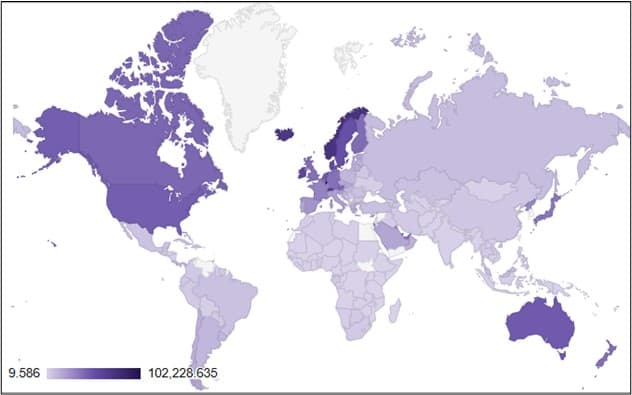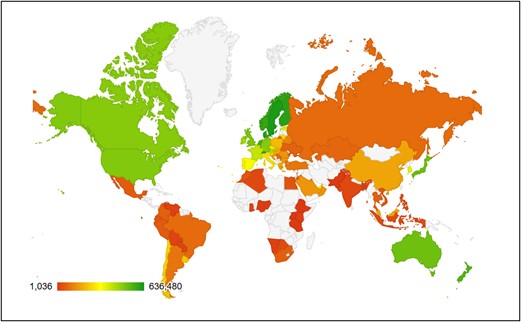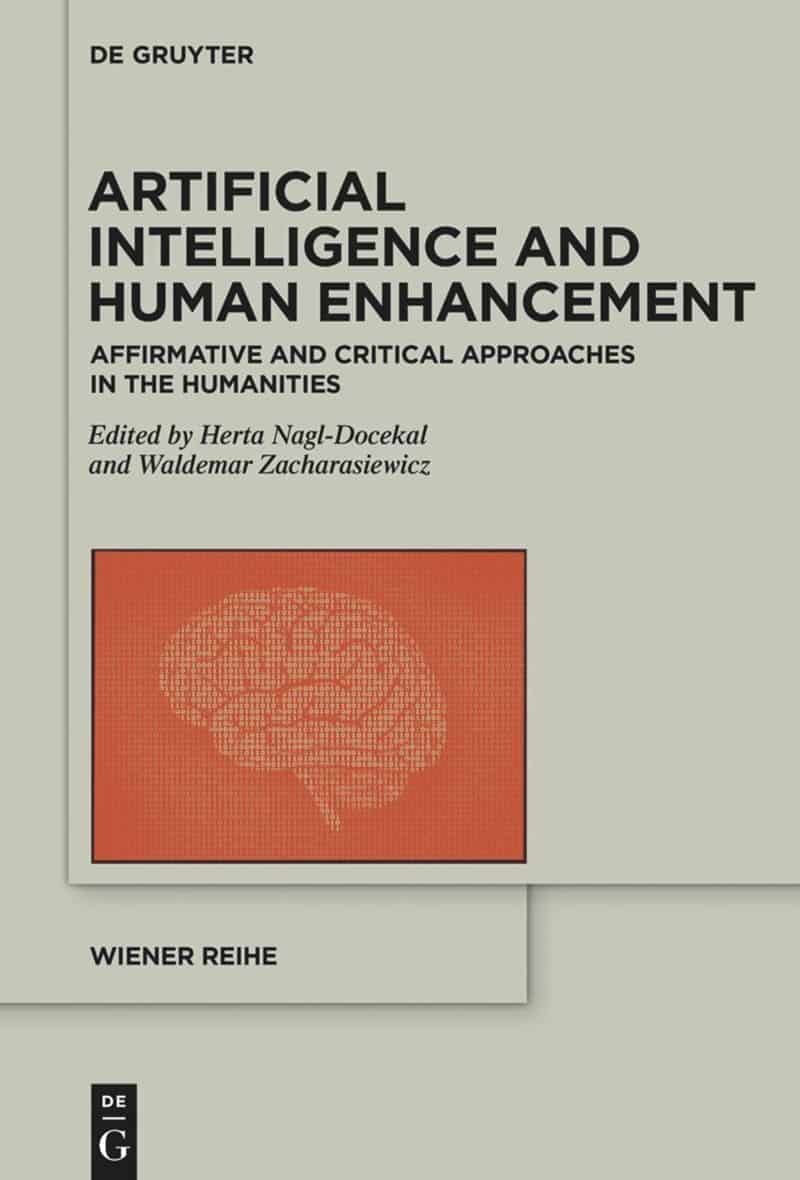Artificial Intelligence Hubs: How to Catch the Next Pandemic Early
COVID-19 won’t be the last pandemic to impact our lives. To prepare for the next global health crisis, we must focus on advancing artificial intelligence – and share the knowledge we gain across borders.
More than two years in, it seems safe to say that COVID-19 has exposed a great number of inequalities and weaknesses in our global health systems. The question is no longer just about how to end this pandemic but how to prevent, or at least slow down, the next one.
Data intelligence plays a critical role in these considerations. In fact, digitalization, artificial intelligence (AI), and big data are already supporting human decision-making as never before in the history of medicine.
In the coming years, AI-driven healthcare innovation hubs are expected to emerge around the world in a quest to develop global solutions to pandemics and other cross-border health crises. Where will these be? We don’t know for sure yet, but we can infer the likely frontrunner countries from a few critical variables.
AI Hubs with Economic Growth
First of all, we can assume that the parts of the world with high internet connectivity and high Gross Domestic Product (GDP) are more likely to lead on AI-driven big data insights for preventing future pandemics. In this consideration, internet connectivity serves as a proxy for digitalization and AI advancement, while GDP indicates economic productivity.
To be able to make worldwide comparisons, I have combined these two factors in the AI-GDP index, which I calculated for 191 countries. The index allows us to identify likely leaders in AI innovation with economic impetus – first of all, countries such as Luxembourg, Switzerland, Norway, Iceland, Ireland, Sweden, Finland, and North America.

AI and Corruption
Another, possibly surprising, factor we need to consider when identifying worldwide healthcare innovation hubs is corruption. In a cross-sectional study among 79 countries, I have found that anti-corruption and global connectivity are positively related with better healthcare and the advancement of artificial intelligence. How come?
AI offers new opportunities to make more unbiased, relatively corruption-free leadership decisions. Consequently, countries that rank high on AI advancement and absence of corruption seem predestined to monitor international public health and serve as pandemic crisis risk management innovators.
In my analyses, Switzerland, as well as the Nordic countries Sweden, Denmark, Norway, and Finland, emerge as top AI and anti-corruption countries with excellent healthcare in Europe. The United States of America shows potential to become a leader. Asia and the Gulf region rank in the middle.

Collaboration is Key
The ongoing COVID-19 crisis has created an unprecedented need for the global community to collaborate in developing public healthcare solutions at the international level.
Worldwide solutions using artificial intelligence to help combat the spread of viruses will require equal access to health information. The more countries share information on the health of their citizens, the more accurately stakeholders from government, healthcare, and research facilities will be able to draw conclusions from these datasets about global disease outbreaks.
“We need to establish an environment in which research, clinical practice, and big data come together while upholding the highest possible ethical standards.”
On this journey, challenges regarding data protection, privacy issues, and the risk of unreflective decision-making certainly need to be taken into account. We need to establish an environment in which research, clinical practice, and big data come together while upholding the highest possible ethical standards. It goes without saying that big data insights should only be used for the common good and never be turned against the individual.
Global inequalities need to be alleviated by improving international digitalization literacy and supporting each other in re-evaluating one’s competencies, technologies, and data sources. Patients need to be trained in using new IT solutions, such as health apps or other telemedicine tools.
To sum up, artificial intelligence holds unique potential for limiting the spread of infectious diseases in the future. Now is the time to work together and foster the sharing of AI-based knowledge, so we can predict and prepare for the next pandemic before it starts wreaking havoc.
Learn more in this related title from De Gruyter
[Title image by imaginima/iStock/Getty Images Plus
